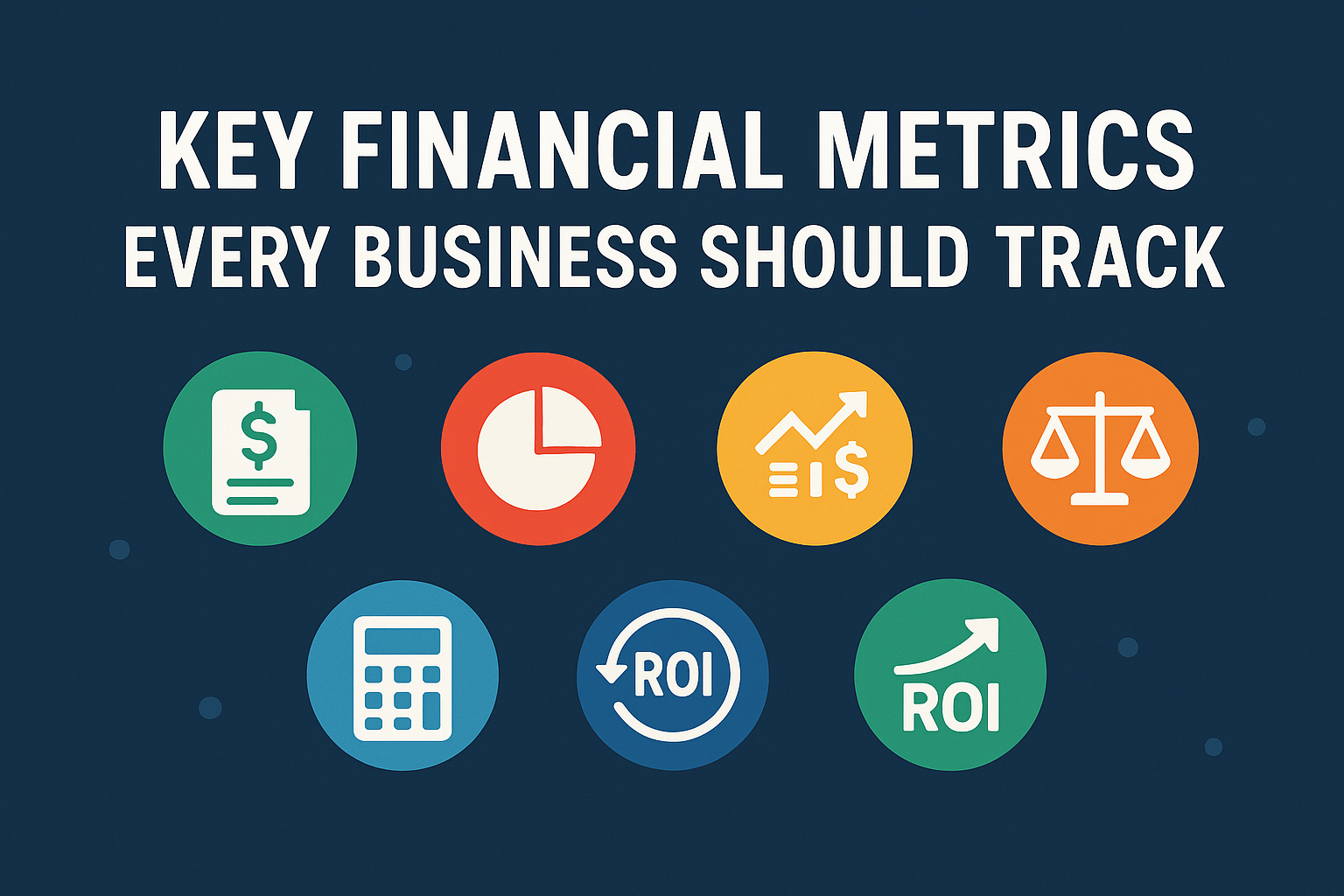Systems & Technology

Starting a new business is an exciting endeavour, and in today's digital age, technology and systems play a crucial role in ensuring your venture's success. Utilising the right tools can streamline operations, enhance customer experiences, and help you stay competitive in the market. In this blog post, we'll explore the systems and technologies you should consider when launching a new business.
1. Online Presence:
Establishing a strong online presence is essential for any business. Ensure your business has a professional website that is user-friendly, mobile-responsive, and optimised for search engines (SEO). Social media platforms, like Facebook, Instagram, and LinkedIn, can help you connect with your target audience and build brand awareness.
2. E-commerce Solutions:
If your business involves selling products, consider setting up an e-commerce platform. Popular options include WooCommerce, Shopify, and Magento. E-commerce technology allows you to reach a wider customer base and manage online transactions efficiently.
3. Cloud-Based Tools:
Cloud computing services, such as Google Workspace and Microsoft 365, provide essential tools like email, document sharing, and collaborative workspaces. They allow you and your team to access information from anywhere, fostering remote work and flexibility.
4. Point of Sale (POS) Systems:
If you have a physical store or offer in-person services, a modern POS system is invaluable. It streamlines transactions, tracks inventory, and provides data for sales analysis. POS systems like Vend or Square are popular choices.
5. Accounting Software:
Efficient financial management is critical. Cloud-based accounting software, such as Xero or MYOB, can simplify bookkeeping, invoicing, payroll, and tax compliance. These systems make it easier to manage your finances and collaborate with accountants or tax advisors.
6. Customer Relationship Management (CRM) Systems:
A CRM system, such as Salesforce or HubSpot, helps manage and nurture customer relationships. It enables you to track interactions, automate marketing campaigns, and personalize communications, leading to improved customer retention and satisfaction.
7. Inventory Management:
For businesses that handle inventory, an inventory management system is essential. Systems like Unleashed or Cin7 can help optimize stock levels, reduce wastage, and improve order fulfilment.
8. Email Marketing:
Email marketing platforms like Mailchimp allow you to create and manage email campaigns, newsletters, and customer communication. Building and maintaining a loyal customer base can be more cost-effective through targeted email marketing.
9. Website Analytics:
Web analytics tools, such as Google Analytics, offer valuable insights into website traffic and user behaviour. This information can help you refine your online strategy, improve user experiences, and boost conversions.
10. Cybersecurity Solutions:
Ensuring the security of your business data and customer information is non-negotiable. Invest in cybersecurity measures like firewalls, antivirus software, and regular system updates to protect against cyber threats.
11. Project Management Software:
Tools like Trello, Asana, or Monday.com can help you plan, organize, and track tasks and projects. They promote collaboration among your team and ensure everyone is on the same page.
12. Communication Tools:
Effective communication is key to any business. Use tools like Slack, Microsoft Teams, or Zoom to facilitate team meetings, client calls, and collaboration, especially if your team includes remote members.
13. Customer Support Systems:
For providing top-notch customer support, consider implementing help desk or ticketing systems like Zendesk or Freshdesk. These systems allow you to manage and resolve customer inquiries efficiently.
14. Data Analytics and Business Intelligence:
Analyse your business data with tools like Tableau or Power BI. Data-driven insights can inform your decisions, identify trends, and improve your business strategies.
15. HR and Payroll Systems:
If you have employees, HR and payroll software, such as iPayroll or Employment Hero, simplifies HR tasks and ensures accurate and compliant payroll processing.
In conclusion, when starting a new business in New Zealand, the right technology and systems can be your greatest assets. They help you operate efficiently, reach customers effectively, and manage your business's internal processes seamlessly. Keep in mind that the technology landscape is constantly evolving, so it's important to stay updated and adapt to new tools and trends as your business grows. Leveraging the right technology and systems can give your new business a competitive edge.
If you want to know more about any of the systems or technologies listed above please reach out to the Direct team today for a free, no obligation chat.
Let's work together
More Blogs
Blog Title
Lorem ipsum dolor sit amet, consectetur adipiscing elit.

Blog Title
Lorem ipsum dolor sit amet, consectetur adipiscing elit.

Blog Title
Lorem ipsum dolor sit amet, consectetur adipiscing elit.


Business Planning
A well-structured business plan is vital to the success of your business.

Key Financial Metrics Every Business Should Track
Think your business is healthy? The numbers will tell you the truth. In this article, we reveal the 7 financial metrics every business owner must track—from cash flow to ROI—that separate thriving businesses from those just scraping by. These aren’t just boring ratios; they’re the vital signs of your company’s financial health. Master them, and you’ll know exactly where you stand, spot risks before they bite, and unlock smarter, more profitable growth.

Effective Pricing Strategies for Business: How to Find the Right Approach for Your Product
Pricing isn’t just about numbers—it’s about perception, positioning, and profit. From cost-plus simplicity to value-based sophistication, businesses can choose strategies like penetration for fast growth, skimming for early profit, psychological tricks to influence buying, or competitive pricing to stay in the game. The key? Pick the right approach for your market, keep testing, and adjust as your customers and competitors evolve. Nail your pricing strategy, and you don’t just sell—you scale.

